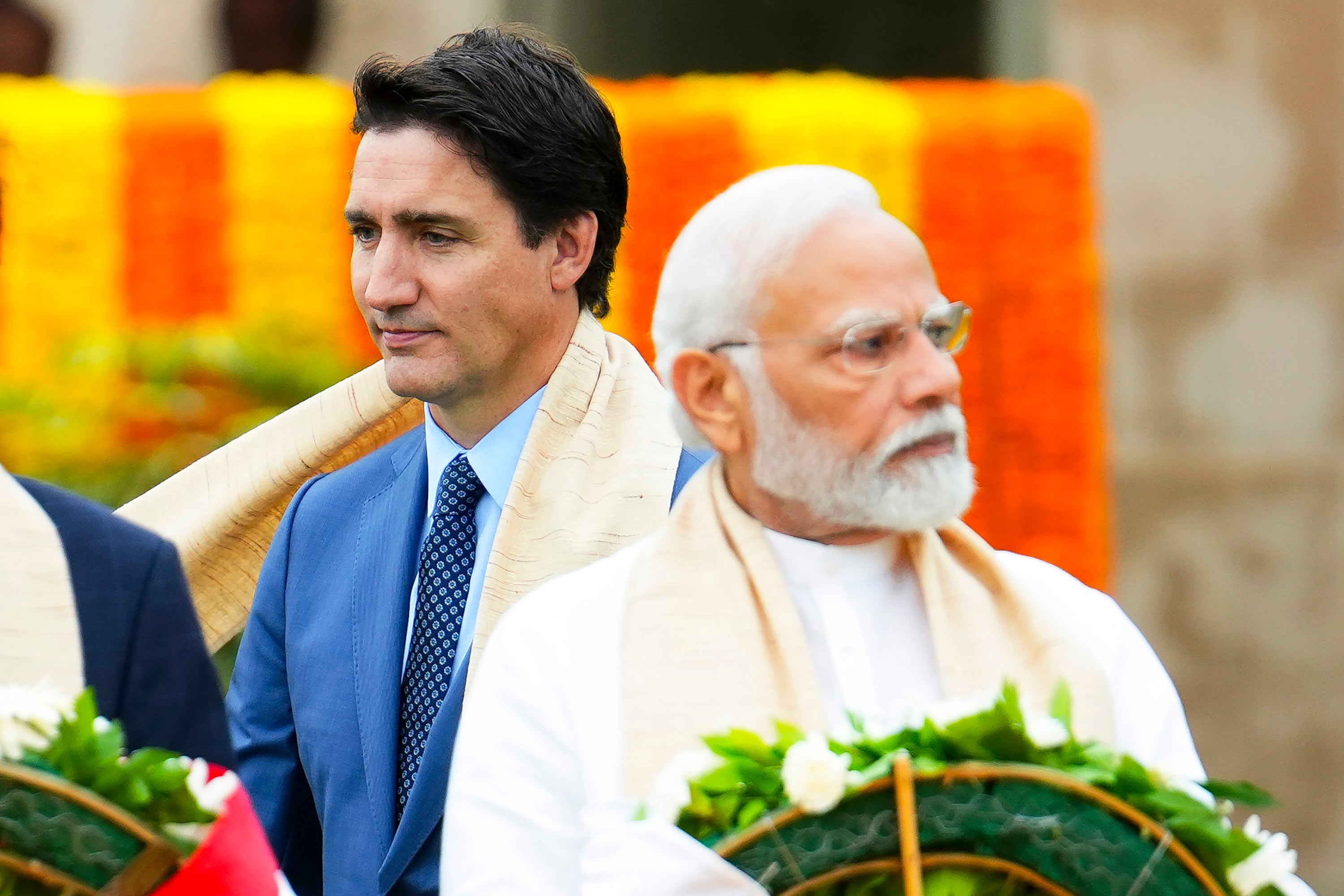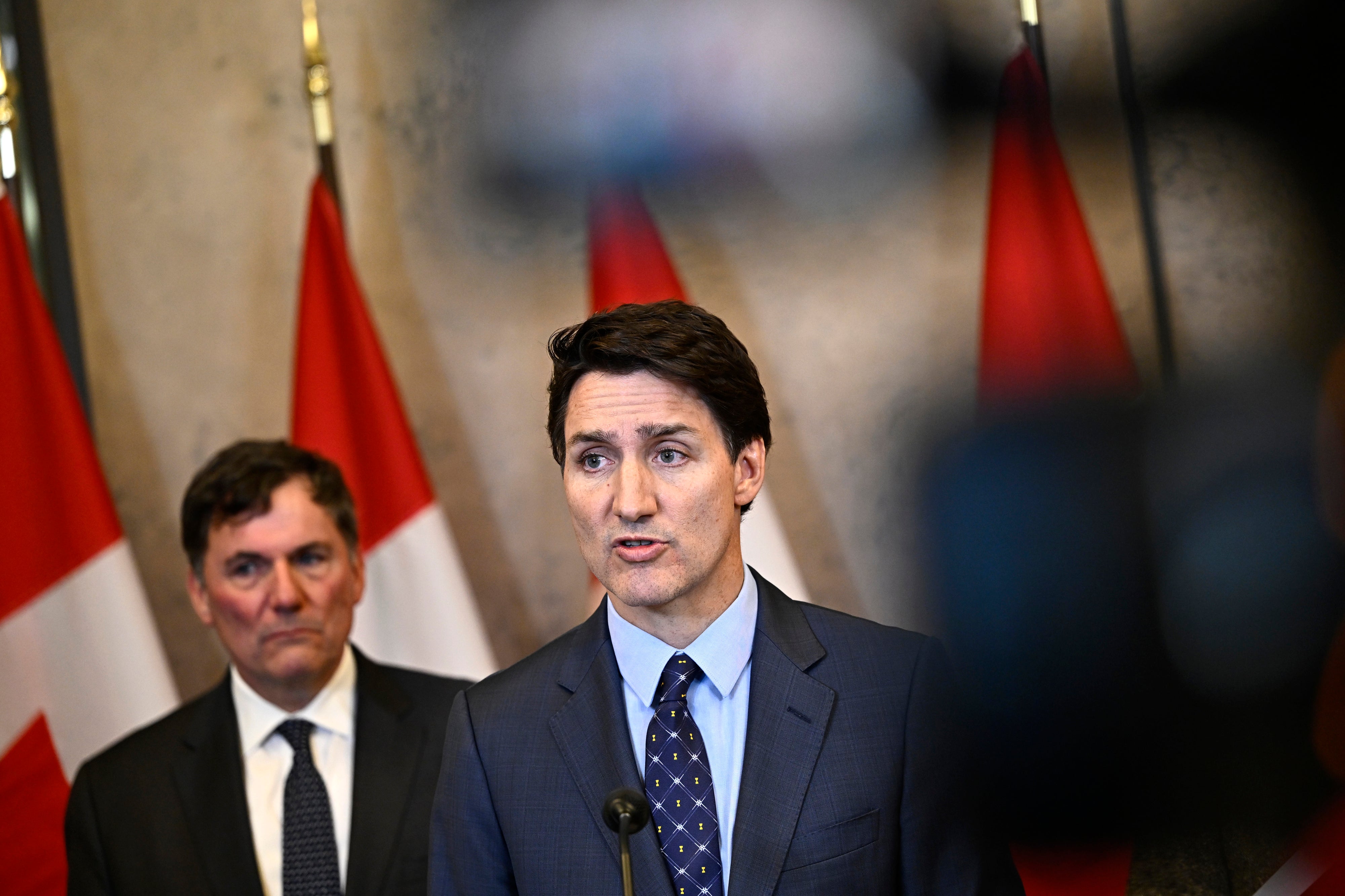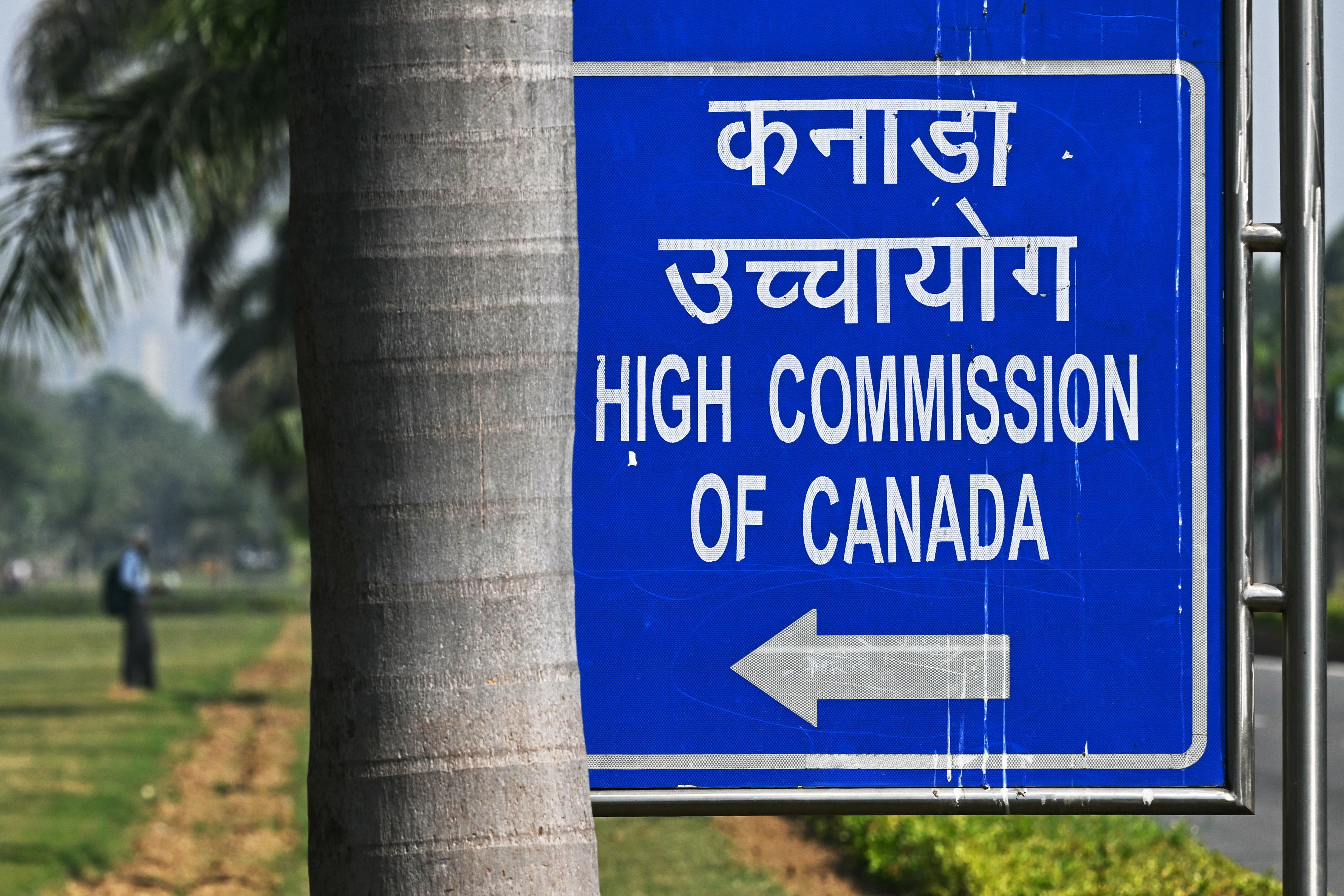How a temple killing sparked new tensions between India and Canada
The Khalistan movement is banned in India, but has support among the Sikh diaspora, particularly in Canada

Relations between India and Canada have reached a low point as the countries expelled each other's top diplomats over an ongoing dispute about the killing of a Sikh activist in Canada.
Canada said it had identified India’s top diplomat in the country as a person of interest in an assassination plot and expelled him and five other diplomats on Monday. India has rejected the accusations as absurd, and its foreign ministry said it was expelling Canada’s acting high commissioner and five other diplomats in response.
It’s the latest in an escalating dispute over the June 2023 killing of Sikh activist Hardeep Singh Nijjar.
Nijjar was fatally shot in his pickup truck in June 2023 after he left the Sikh temple he led in the city of Surrey, British Columbia. An Indian-born citizen of Canada, he owned a plumbing business and was a leader in a movement to create an independent Sikh homeland, which is banned in India.
Canadian Prime Minister Justin Trudeau said in September 2023 there were credible allegations that India’s government had links to the killing. India denied the allegations at the time but said Nijjar was involved in “terrorism.”

Canada expelled an Indian diplomat over the dispute last year, and in response India expelled a Canadian diplomat and froze consular services for Canadians for nearly two months.
Tensions boiled over again in May, when Canadian police said they had arrested three Indian nationals accused of involvement in Nijjar’s killing and were “investigating if there are any ties to the government of India.” India rejected the allegations, saying Canada had a “political compulsion” to blame India.
Now, Canada says that India's top diplomat in the country is a person of interest in the killing, and that police have uncovered evidence of an intensifying campaign against Canadian citizens by agents of the Indian government.
The Royal Canadian Mounted Police said it had found evidence of the involvement of Indian agents “in serious criminal activity in Canada," including links “to homicides and violent acts” and interference in Canada's democratic processes, among other things.

Meanwhile, Canada’s foreign minister, Mélanie Joly, tied the Indian officials to Nijjar's assassination and said Canada had gathered “ample, clear and concrete evidence which identified six individuals as persons of interest in the Nijjar case.”
She said India had been asked to waive diplomatic immunity and cooperate in the investigation but refused.
In a statement Monday, India’s foreign ministry said that the Canadian government “has not shared a shred of evidence” with the Indian government, “despite many requests from our side.” The ministry also called the accusations part of “a deliberate strategy of smearing India for political gains.”
Who was Nijjar?
Nijjar was a local leader in what remains of a once-strong movement to create an independent Sikh homeland known as Khalistan. The Khalistan movement is banned in India, but has support among the Sikh diaspora, particularly in Canada.
India designated Nijjar a terrorist in 2020, and at the time of his death was seeking his arrest for alleged involvement in an attack on a Hindu priest in India.
New Delhi’s anxieties about Sikh separatist groups in Canada have long been a strain on the relationship, but the two countries have maintained strong defense and trade ties, and share strategic concerns over China’s global ambitions. However, India has increasingly accused Canada of giving free rein to Sikh separatists.
Bookmark popover
Removed from bookmarks